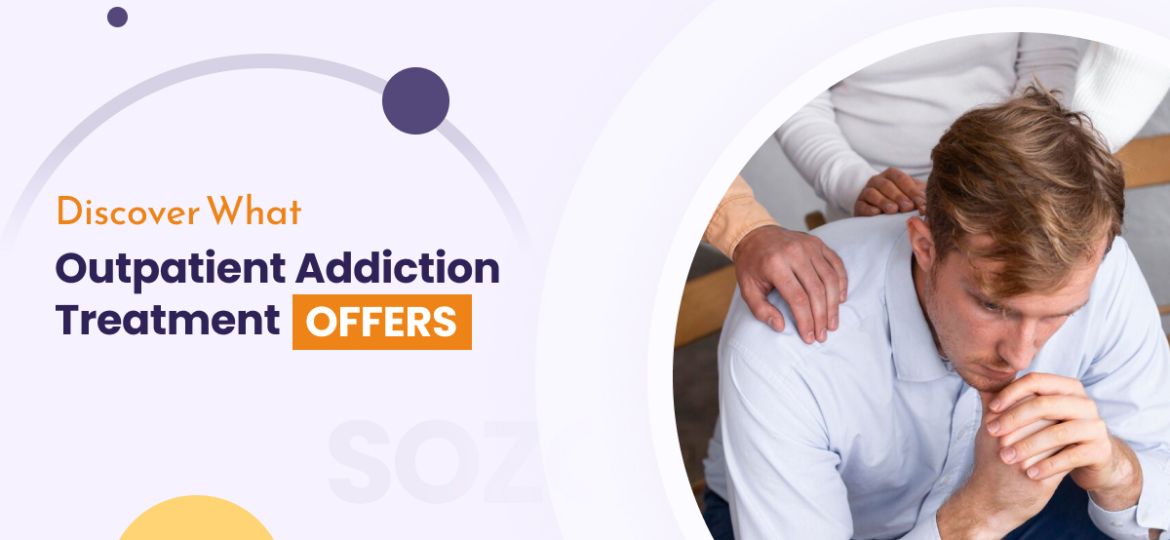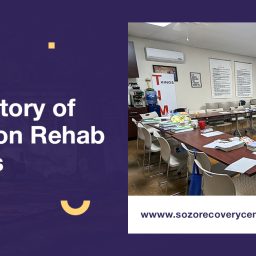
Addiction is a chronic and often relapsing brain disorder caused by the constant and heavy use of compulsive substances. It is a mental health condition that goes beyond mere bad habits, severely impacting the brain’s structure and functions.
Have you ever noticed the behavior of an individual relying on toxic agents? It is the first thing that gets affected due to an overwhelming craving for the addictive substance. With this understanding, top-rated substance abuse rehabs in Hot Springs, AR, have come up with their 12-step approach and holistic programs that help treat this disorder completely.
Keep reading to learn how addiction affects the patient’s brain and how a facility helps them to overcome it.
The Neurological Impact
It’s crucial to understand how exactly the brain works for those struggling with addiction. Let’s have a look.
- Brain’s Reward System Disruption: Do you know the core of addiction is the brain’s reward system? It is a complex network of neural pathways responsible for producing feelings of pleasure and reinforcing behaviors essential for survival. Now, when a person starts using drugs or alcohol, these substances release dopamine – a neurotransmitter associated with pleasure and reward.
Over time, this creates an intense feeling of euphoria which the brain quickly adapts and associates with the substance. In other words, the brain gets more inclined to these artificial rewards than the regular activities that create pleasure.
- Brain Structural Damage: Prolonged use of substances can damage the physical structure of the brain, especially those involved in decision-making, judgment, learning, and memory.
Initially, the prefrontal cortex which is responsible for impulse control and weighing consequences becomes incapable. As a result, individuals fail to resist cravings or make rational decisions, impacting their behavior which leads to anxiety and emotional instability. Simultaneously, the hippocampus section known for memory and learning faces difficulties in forming new memories and retaining information.
Indeed, these structural changes contribute to the compulsive nature of addiction.
- Cognitive and Behavioral Impacts: Addiction also impacts cognitive behavior – thinking abilities, processing information, and making informed decisions. In other words, the frequent use of substances leads to many cognitive distortions, such as denial, rationalization, and selective memory. Likewise, reduced concentration and difficulty in learning new skills add to the challenges of daily life, making recovery efforts more difficult.
- Emotional Dysregulation: Addiction and emotions are closely connected. Experts say that people using addictive substances find it difficult to manage their emotions. They often experience intense mood swings, irritations, and heightened stress leading to anxiety and depression. Of course, these emotional struggles get reflected in their behavior, making it harder to cope with everyday challenges.
Discover the Support Offered by a Rehab Facility
Rehabs offers a list of treatment programs designed to serve individuals struggling to get rid of addiction.
- Medical detoxification
- Residential treatment
- Outpatient treatment
- Intensive outpatient treatment
- Partial hospitalization
- Sober living
All these programs involve proper medications, personalized care, group therapies, individual counseling, education development, skills training, etc. These help address the physical, psychological, and social aspects of addiction.
Final Note
Drug and alcohol addiction is becoming very common among teens and young adults these days, causing devastating effects on individuals and their loved ones. From physical and mental health-related concerns to strained relationships and social isolation, this activity can lead to serious problems.
However, with the right treatment, comprehensive care, and ongoing support, you can easily fight against this disorder and reclaim a normal life free from substances. Isn’t that what you want? SOZO, a reliable substance abuse rehabilitation center in Arkansas can be your recovery partner. You can reach out to us to take the first step towards healing.


